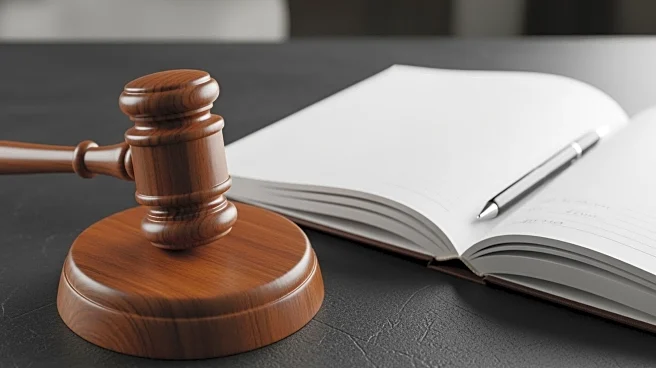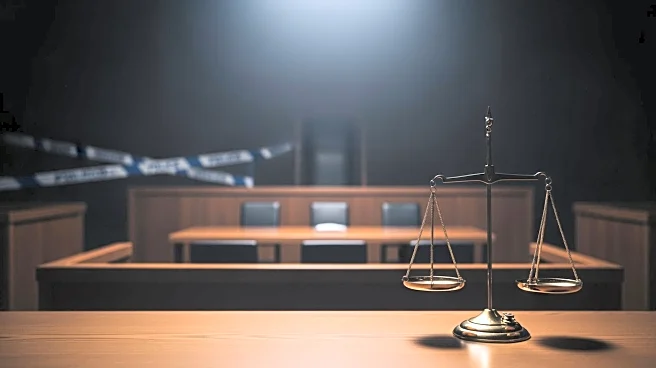Rapid Read • 7 min read
The White House has launched an official TikTok account, marking a significant shift from President Trump's previous stance on the platform. In 2020, Trump had expressed concerns over TikTok's Chinese ownership, citing national security risks, and pushed for a ban or sale of the app. However, the ban was paused, and the administration has now embraced TikTok as a communication tool. The account's first post, a 27-second clip, quickly gained followers, reflecting TikTok's popularity among young users. President Trump credits the platform for helping him secure support from young voters in the 2024 election against Kamala Harris. Despite a federal law requiring TikTok's sale, Trump has extended deadlines for the app to find a non-Chinese buyer, with the current extension expiring in mid-September.
AD
The launch of the White House's TikTok account underscores the evolving relationship between the U.S. government and social media platforms, particularly those with foreign ownership. TikTok's popularity, with 170 million users in the U.S., presents both opportunities and challenges for political communication and engagement. The decision to utilize TikTok reflects a strategic move to connect with younger demographics, who are increasingly influential in elections. However, it also raises questions about data privacy and national security, given the app's Chinese ownership. The administration's shift in stance may impact future policy decisions regarding foreign-owned tech companies and their operations in the U.S.
As the deadline for TikTok to find a non-Chinese buyer approaches, stakeholders are closely monitoring potential outcomes. The administration may face pressure to enforce the sale or ban, depending on national security assessments and public opinion. TikTok's parent company, ByteDance, is in discussions with the U.S. government, but any agreement must comply with Chinese law. The situation could lead to diplomatic negotiations or legal challenges, influencing the broader landscape of tech regulation and international trade relations.
AD
More Stories You Might Enjoy











